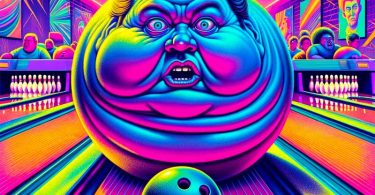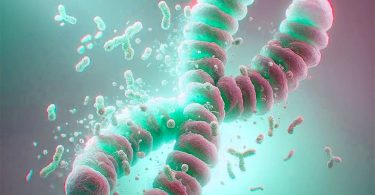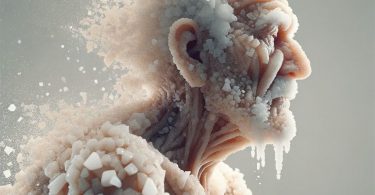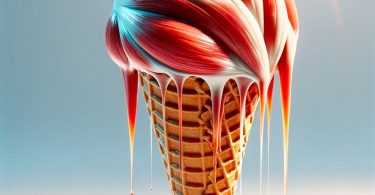What is glycation?
Glycation is a chemical reaction resulting from the binding of sugars to all proteins in the body. Glycation creates cross-links between these proteins and toxic compounds called AGEs (Advanced Glycation Endproducts). These AGEs are the cause of many signs of aging as well as complications from chronic diseases.
For simplicity, and even if this is not chemically exact, we could compare glycation to caramelization.
How does glycation fit into the mechanisms of aging?
It is traditional to classify the causes of aging into 2 categories: intrinsic factors which are registered in our body (genetics, hormonal decline for example) and extrinsic factors linked to our behavior (exposure to toxic agents, sun, stress, etc.).
Glycation constantly interacts with all these factors with potentially catastrophic consequences, including epigenetic ones.
Is the whole body equally affected?
All proteins in the body are attacked by glycation, but this is a very slowly evolving chemical reaction, so slow-turnover proteins such as those in the skin, arteries or brain are more seriously damaged.
What are the main consequences of glycation?
The proteins are gradually stiffened and therefore lose their functionality.
The most affected organs are the skin, the arteries, the lens, the brain. As a result, glycation is very involved in skin aging, cataracts, cardiovascular diseases, complications of diabetes and neurodegenerative diseases…
How to manage glycation?
Surprisingly, there is no self-repair mechanism for glycation as is the case for many causes of aging.
An anti-glycation strategy is therefore based on 2 pillars:
– Adopt an anti-glycant lifestyle with specific hygiene: limit the consumption of sugars, sweet products, browned cooking products, etc.
– Supplement by taking glycation inhibitor ingredients which help slow glycation or, much more effective, deglycating ingredients which reverse the effects of glycation and give back to proteins some of their lost functionalities.
Ingredients to recommend?
The best known glycation inhibitors are metformin and carnosine.
But the reference deglycating ingredient, so far the only one on the market, is rosmarinic acid in the form of a specific molecular fraction.
© Age Breaker update 09 2020
✅ [Dr Claude Dalle is a specialist in anti-aging medicine. He is the president of the World Society for Anti-Aging Medicine (WOSIAM).]
✅ [AGE BREAKER METABOLISM, patented nutritional supplement, based on rosmarinic acid, recognized by aging specialists around the world for its properties to reverse the effects of glycation.]
More www.agebreaker.com
#agebreaker #glycation









